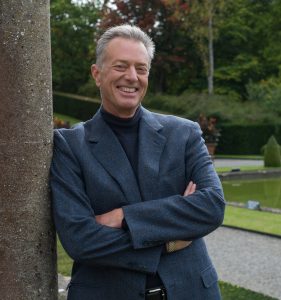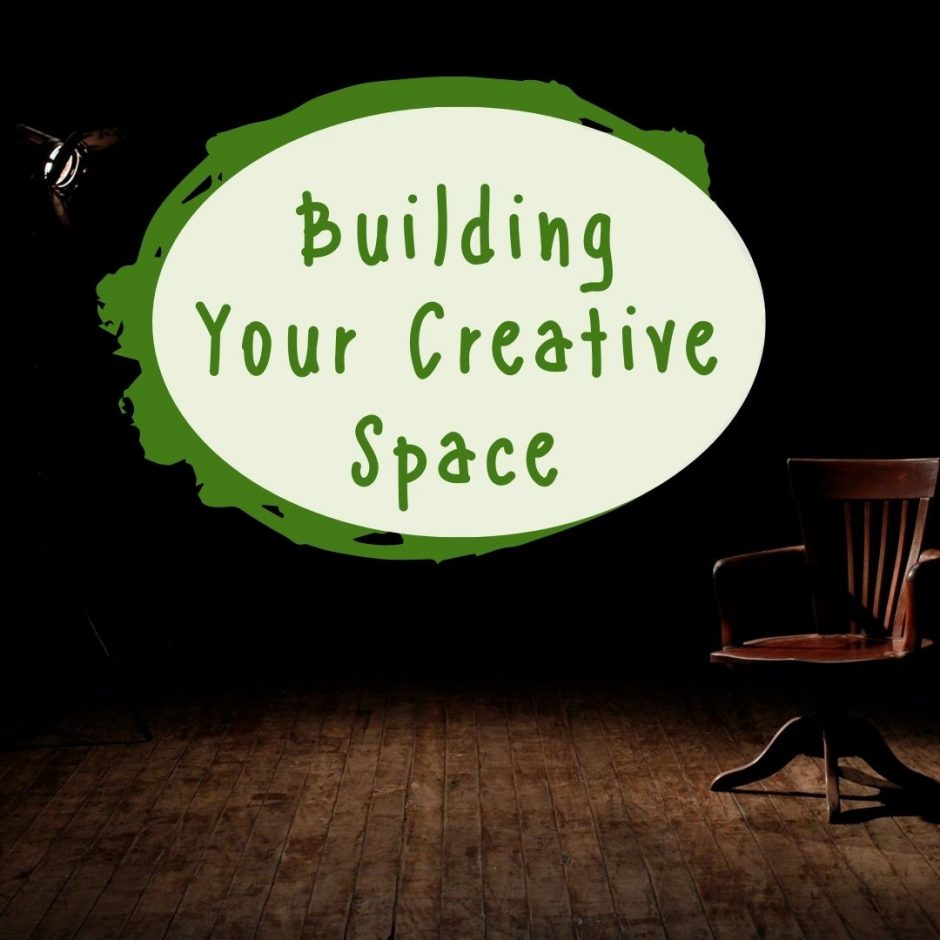“We promise according to our hopes, and perform according to our fears.”
Rochefoucauld
You have every reason to be afraid. In fact, if you’re not scared, you’re probably nuts. Some would say that being monumentally skewed is helpful to becoming a successful writer. But for those of us burdened with sanity, we must learn how to deal with our fears.
You would think that after a while this whole fear thing might fade into the background. Maybe for some people this happens, but for myself, and other writers, the struggle is real.
When I started work on the first book in my current series, Miramar Bay, I had three very real bugaboos staring me in the face—like returning to the childhood era of waking up knowing there was a monster under my bed. Only in this case, I knew the monsters were real, because I made them.
Monster One
I was writing for a new publisher. And a new editor, whom I liked. A lot. And I really, really wanted to impress her.
Monster Two
I had a secret hope that this new story would frame the direction of my writing for years to come, possibly the rest of my career. Which meant I had to get it right.
Monster Three
I was writing a new story. Fear doesn’t vanish because I’ve written a book before. Nor does it matter much that currently I’m writing the fifth book in this series. I’ve just learned Publishers Weekly and Coming Home magazines are both doing articles on the fourth book, due for release in April–and the initial reviews are great. Okay, this helps. But now Monster Three is even bigger, because I need to make book five better than previous books.
Monster Four
I’m co-authoring a new suspense series, with a great young author and, on the script side, working with a new film agent.
Monster Five
The UK Covid crisis has added its own set of monsters. Its impact on both publishing and the film-production world cannot be overstated.
Then last week I heard this story. Actually, I’d heard it long before, and forgotten it. This time, the hearing was a true gift.
One of my absolute favorite actors is Laurence Olivier, whose ability to lose himself in a role was so great I often found myself becoming lost with him. The power he had to ensnare and captivate has remained an inspiration and challenge to me throughout my career.
Olivier often suffered from such intense bouts of terror, he was bodily forced on stage. He once confessed to being afraid for five years. This was at the height of his worldwide fame. Beloved by millions around the globe, yet so terrified of standing in front of a camera he would beg, plead, and fight not to perform.
Fear and doubt plagues us all, even successful people. As long as you aspire to grow, do better, aim higher, these barriers remain a part of your creative life. In my experience, fighting them is almost as futile as pretending they don’t exist.
What should an author do?
Doubt, fear, and tension are very much a part of you and the creative process. A vital part.
It might help to build a segment of your creative world where these elements are granted space and are accepted, then you can use them, allow them to push you beyond your comfort zone. Grow. Question. Develop. Become the best author possible.
How I both distill and utilize these energies.
My top creative period is the early morning. I will explore exactly what this means in another concept. For now, I want to talk about the rest of the day.
When a free ten minutes (or less) appears, I sketch. I carry a pad with me everywhere. Supermarket. Walks. Even when I go for my bike rides or to the gym. The aim is to explore. Free thinking. No holds barred. I write whatever comes to me. And gradually the next scene unfolds.
I give all the monsters free reign. What if I change this? Do away with that. Worry over not making this segment fit. Action that doesn’t hold enough tension. All these things. Over and over and over.
Two amazing results come from granting space to doubt and fear.
First, the next morning I approach my writing desk, and the fragments spin together. Tight, concise, powerful. Over and over and over. Day after day.
Second, my productivity soars. I began applying this process twelve years ago, and since then my creative drive has accelerated.
What does this mean?
In the past twelve months I have written two full-length novels and half a new Christmas novella, a feature-film screenplay, a season-one streaming series overview, a new pilot episode, and two magazine articles.
This process works. The energy contained within your doubts and fears is explosive. If you break free of the need to fight against them, but embrace them and grow.
Try This:
- Name your monsters.
- If it helps, go buy some stuffed animals, line them up, and name them.
- Accept that they are, in a strange way, your allies. Because, if you let them, they can be the voices that spur you on to great and courageous deeds.

Davis Bunn’s novels have sold in excess of eight million copies in twenty-four languages. The sequel, entitled Rare Earth, won Davis his fourth Christy Award for Excellence in Fiction in 2013. In 2014 Davis was granted the Lifetime Achievement award by the Christy board of judges. His recent title Trial Run has been named Best Book of The Year by Suspense Magazine. His most recent series, Miramar Bay, haw been acquired for world-wide condensation-books by Readers Digest. Currently Davis serves as Writer-In-Residence at Regent’s Park College, Oxford University.
Watch an excerpt from his new book The Cottage on Lighthouse Lane here.




No Comments